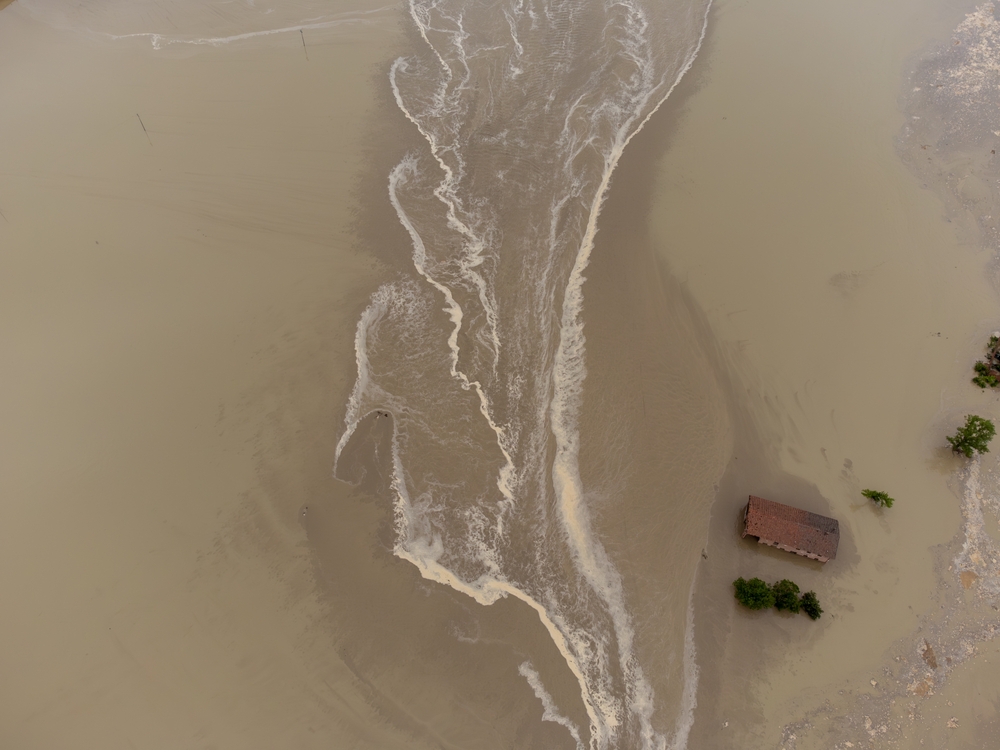Wildfires in Europe

EDJN_AirPollution_illustration-UnaRebic_V1
© Una Rebić/Pod črto
Due to climate change, large or even extreme wildfires are becoming an increasingly serious threat in many regions of Europe. Forest and rural fires used to be mostly limited to Southern Europe, but global warming makes them more and more likely to happen in other regions as well. How prepared are the different regions and countries in dealing with wildfires? What practices increase or reduce fire risk? How can communities and the environment recover from a large wildfire?
EDJNet is exploring these and other angles of the phenomenon, relying both on data-driven analyses and on other journalistic approaches, including reporting from the field.
Stories
Large forest and grassland fires are one of the most dramatic consequences of the ongoing climate catastrophe. Year after year, media coverage of fires ravaging Canada, Australia, Greece or Portugal is increasing; rising temperatures, however, mean that the threat is growing in many areas of the world – including Central Europe.
Urszula Kifer, Grzegorz Broniatowski, Anastasiia Morozova, Davide Mancini, György Folk, Laszlo Arato
February 8, 2024
The Greek region of Evros, devastated by fires last summer, is also the external border of the EU: there is a strong temptation to blame the fires on the migrants who cross it. Experts, however, point out the responsibilities of the Greek institutions.
January 17, 2024
When talking about fires we typically imagine a terrifying and catastrophic event. But the use of controlled fires is once again becoming common practice in Europe: together with livestock grazing, it is looking like an essential and economical technique that can prevent genuinely catastrophic fires.
December 19, 2023
Portugal is Europe's third largest producer of wood pulp, an industry that relies heavily on the eucalyptus tree. In 2017, a devastating fire in Pedrogrão Grande ignited a debate on the industry's responsibility to prevent such disasters. In particular, the issue of biodiversity was brought back to centre stage. Reportage.
December 5, 2023
The high number of highly flammable spruce monocultures in Czechia is mainly due to conservative forestry and poorly framed legislation. But while the climate is already shifting, the laws that are holding back forest conversion have remained unchanged on the books for decades.
November 17, 2023
Despite decades of targeted financial support, the differences in training and equipment across Europe make cooperation challenging and often inefficient.
November 16, 2023
A new EU agricultural policy has brought a qualitative change in forest-fire protection. Governments will now spend twice as much as before on measures such as reforestation to reduce soil drying.
November 8, 2023
Fires destroy ecosystems, and the harm is multiplied when protected areas are involved. More than a quarter of all Natura 2000 sites burned in 2021 were located in Italy.
November 7, 2023
A little-known effect of wildfires is that they weaken the soil, leaving it more vulnerable to rain-related disasters. It is a vicious circle for a country like Italy, which is exposed to both.
November 7, 2023
In each of the past 12 years, there have been at least 2,600 wildfires in Hungary. The immediate cause is almost always human negligence, but global warming and agricultural methods are to blame as well.
November 7, 2023
Since 1971, the share of Europe that experiences high or higher weather risk has risen from 20% to almost 40%. But there are big differences between countries.
October 17, 2023
In the fourth part of the "Romania is burning" series, we explain how the emptying of Romanian villages has unforeseen consequences. Where there is no more work, farmlands burn – taking with them forests and protected wildlife.
August 28, 2023
The project
EDJNet’s investigation on wildfires in Europe mostly takes place in the framework of the FIRE-RES project. FIRE-RES stands for ‘Innovative technologies and socio-ecological-economic solutions for fire resilient territories in Europe’: it is a multi-annual Horizon2020 project co-funded by the European Union and coordinated by the Forest Science and Technology Centre of Catalonia. The project aims to develop and disseminate effective solutions to prevent and manage extreme fires. FIRE-RES provides financial support as well as technical advice to EDJNet members; OBC Transeuropa acts as a bridge between the project and the network.























